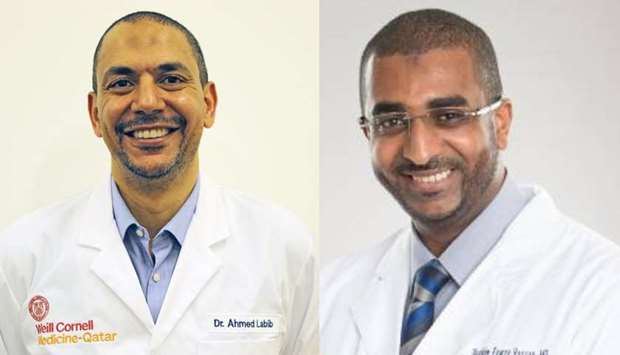Hamad Medical Corporation (HMC) is marking World Sepsis Day with education and awareness raising activities for healthcare professionals to improve recognition of the signs and symptoms of sepsis.
World Sepsis Day was established in 2012 and is observed annually on September 13.
Sepsis is a serious illness and can lead to a life threatening condition called septic shock. The condition is an extreme response triggered by an infection and if untreated can lead to shock, organ failure, and death.
“Sepsis is one of the leading causes of death. Greater awareness among the general public as well as more specialised education for hospital staff is key to ensuring that fewer patients with sepsis have their condition deteriorate to a severely critical level,” said Dr Ibrahim Fawzy Hassan, chairman of HMC’s Critical Care Centre.
“We have developed a corporate programme for sepsis care, which is based on international best practice that has been adapted to our local needs,” added Dr Hassan.
Sepsis follows a unique and time-critical clinical course, which in the early stages is highly responsive to treatment. Sepsis is a medical emergency but can be difficult to diagnose because early symptoms are often confused with other conditions. Awareness of the signs and symptoms of sepsis and timely treatment saves lives, according to a press statement from HMC.
Symptoms of sepsis can include fever, chills, rapid heartbeat and confusion, with symptoms of septic shock including confusion, nausea and vomiting, rash and joint pain. Individuals with weakened immune systems, children, infants, and the elderly are most vulnerable to developing the condition. Those with chronic illnesses, such as diabetes, AIDS, cancer, and kidney or liver disease, are also at increased risk, as are individuals who have experienced a severe burn or physical trauma.
Last year, HMC launched a sepsis programme as part of its patient safety agenda. The programme aims to boost care services for all patients diagnosed with sepsis as well as to support clinicians in recognising and diagnosing sepsis early.
Sepsis causes 6-9mn deaths worldwide every year, many of which are preventable. According to the Global Sepsis Alliance, it is a major cause of maternal and neonatal illness and mortality.
Dr Ahmed Labib, senior consultant ECMO, ICM and anaesthesia, added: “Patients with sepsis have a better chance of recovery when their healthcare teams are well trained in providing specialised and prompt care.”

